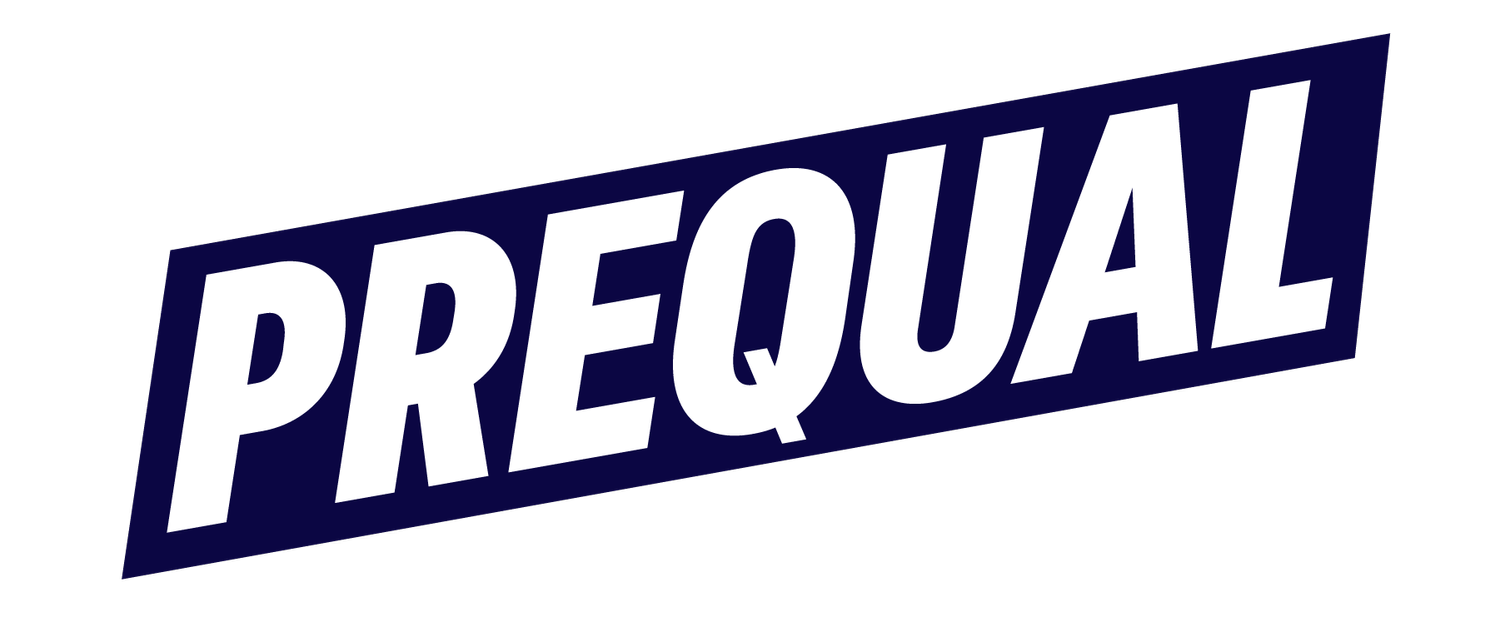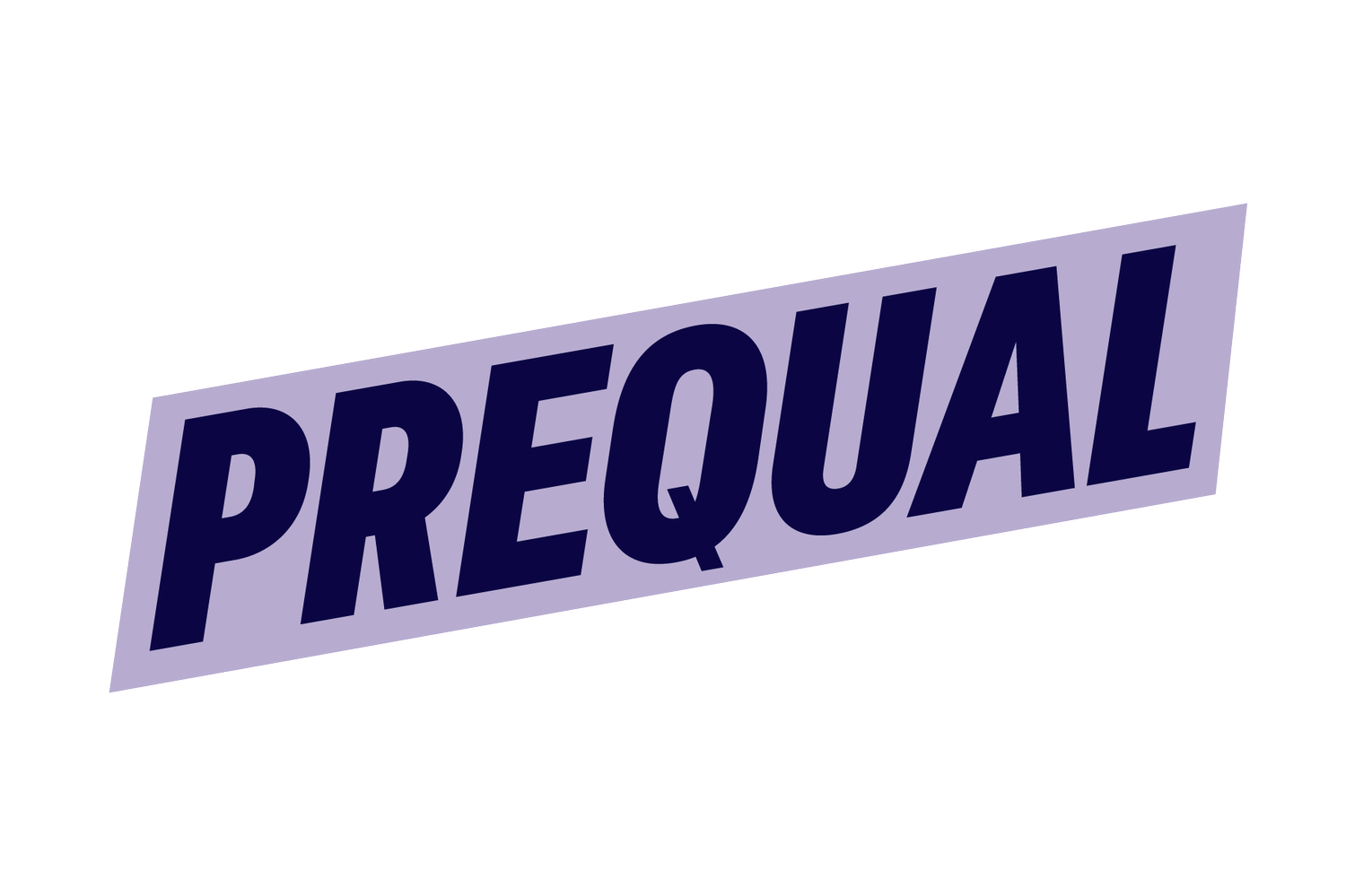Internal Sales Rep vs. Outside Rep or Service: A Strategic Comparison
Trying to decide between hiring an internal sales rep or using an outside representative or service? Consider these strategic factors, including cost, expertise, control, scalability, and more, to make an informed decision for your business.
When choosing between an internal sales representative and an outside sales rep or service, it's crucial to consider strategic factors that align with your business goals. Key considerations such as cost, expertise, control, scalability, and company culture help you make an informed decision.
Cost - Evaluate Financial Implications
Assess the financial impact of each option. Hiring an internal sales representative involves salary, benefits, and training costs, while using an outside rep or service may require commission-based fees or contracted service fees. This section provides insights into managing your budget effectively.
Expertise and Experience - Leveraging Specialized Skills
Determine the specific skills and experience required for your sales needs. Internal reps can learn in-depth about your products or services, company culture, and customer relationships. Meanwhile, outside representatives or services bring industry-specific expertise, an extensive network, and established client relationships. Discover how to align expertise with your sales objectives.
Control and Alignment - Finding the Right Fit
Consider the level of control and alignment you desire over the sales process. Internal reps offer direct oversight and align closely with your company's values and sales strategies. In contrast, outside representatives or services may have their own approaches and processes. Explore the balance between control and leveraging external expertise.
Time and Scalability - Balancing Urgency and Growth
Assess the urgency of your sales needs and potential for future growth. Hiring and training an internal sales representative takes time, whereas outside reps or services provide quicker solutions. Examine their ability to adapt to changing demands and facilitate scalability.
Company Culture and Integration - Fostering Collaboration
Evaluate the impact on your company culture and team dynamics. Internal reps seamlessly integrate into your culture, promoting teamwork and collaboration. External representatives or services may need more familiarity with your values and culture. Discover strategies for maintaining company culture while leveraging external resources.
Confidentiality and Intellectual Property - Protecting Sensitive Information
If your sales process involves sensitive information or proprietary knowledge, consider the risks associated with sharing such data with outside reps or services. Internal representatives can be bound by confidentiality agreements, ensuring intellectual property protection. Learn how to safeguard your company's confidential information effectively.


